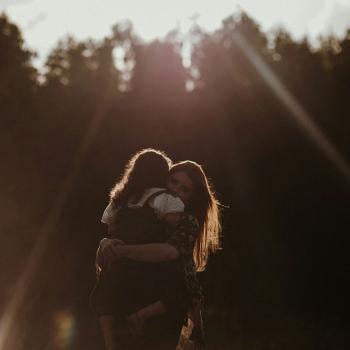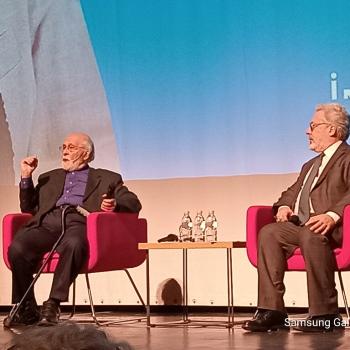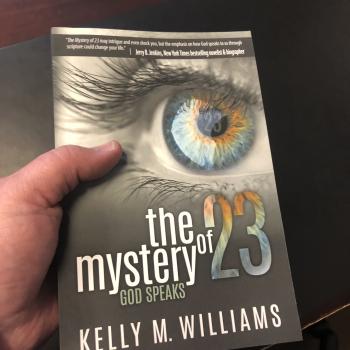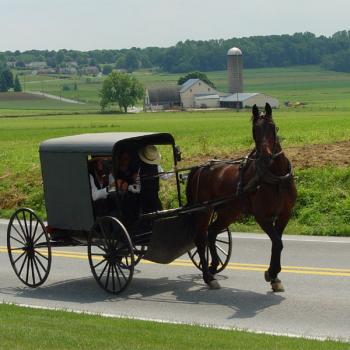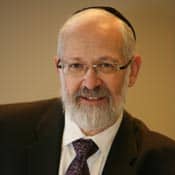A second area that will almost certainly spur change is the quest for greater individual connection to G-d. Although the Orthodox life style provides hundreds of points of contact with G-d a day, and serious requirements of an engaged heart (fixed daily prayer) and mind (Torah study), getting the spiritual high is not guaranteed, particularly if observance is through rote. We are already seeing a flirtation in non-Hasidic circles with the intensity of Hasidic prayer and enthusiasm in the fulfillment of daily religious requirements. We will see more of it.
Asked about the single most important element in the success of Orthodoxy in the U.S., most Orthodox would point to education. The educational system, however, is crushed by the mounting costs of tuition, often in the areas of $20-30,000 a year, per child, every year from kindergarten through high school and usually years beyond. Very few can afford to send multiple children to Jewish schools at this rate. This problem will have to be addressed meaningfully and quickly, or the schools that enabled Orthodoxy to rise from the ashes of the Holocaust will be threatened, choking the expansion of the community.
The decline in numbers of the non-Orthodox Jewish community will have profound impact on the Orthodox. Jews, like other groups, have translated their numbers and their clout into recognition and certain perks, like governmental sensitivity to their religious needs and requirements on the local level. As Jews become less numerous and more divided, they will have less political clout. (About the only thing they agree about in large numbers is the importance to them of the State of Israel. Those who think differently, like Jewish Voices for Peace, will continue to be the Flat Earth Society of the American Jewish scene — vocal but completely marginal.) That will make life for Jews less comfortable. The explosion of anti-Semitism not only in the Arab world, but in Europe, will keep Jews in America wondering whether our shores will be the next landing site for the world's oldest prejudice, just as Jewish power begins to wane. At the same time, as the non-Orthodox denominations decline in numbers, Orthodox Jews will be moving into positions they used to leave for others while they concentrated on building up Orthodox infrastructure. Already, there are significant numbers of Orthodox Jews involved in politics, advocacy, and academic life, speaking as public intellectuals and leading major Jewish organizations. We can expect to see much more of this in coming years.
Finally, the most formidable challenge to Orthodoxy may be the perceived erosion of moral values in the surrounding culture, as respect for any and all forms of authority dissipates. Orthodox Jews suddenly find themselves almost alone in retaining a firm belief in a G-d who has demands and expectation of Man, and Whose laws are known to Man through revelation. Almost, but not completely. Conservative Christians suddenly find themselves where Jews were for millennia — as cultural and even numerical underdogs, swimming against new and fast currents.
The coming years will see new strategic alliances between Orthodox Jews and conservative Christians, not just in getting behind different pieces of legislation, but in trying to make the case to the American public that what G-d asks of Man is not unthinking obedience, but living a life that is rationally sound, emotionally satisfying, spiritually invigorating, and the best way to live in this world, not just to earn the next. In the coming years, watch for better attempts to understand the whys and wherefores of observance, and better communication of them both within and without the Orthodox community.
